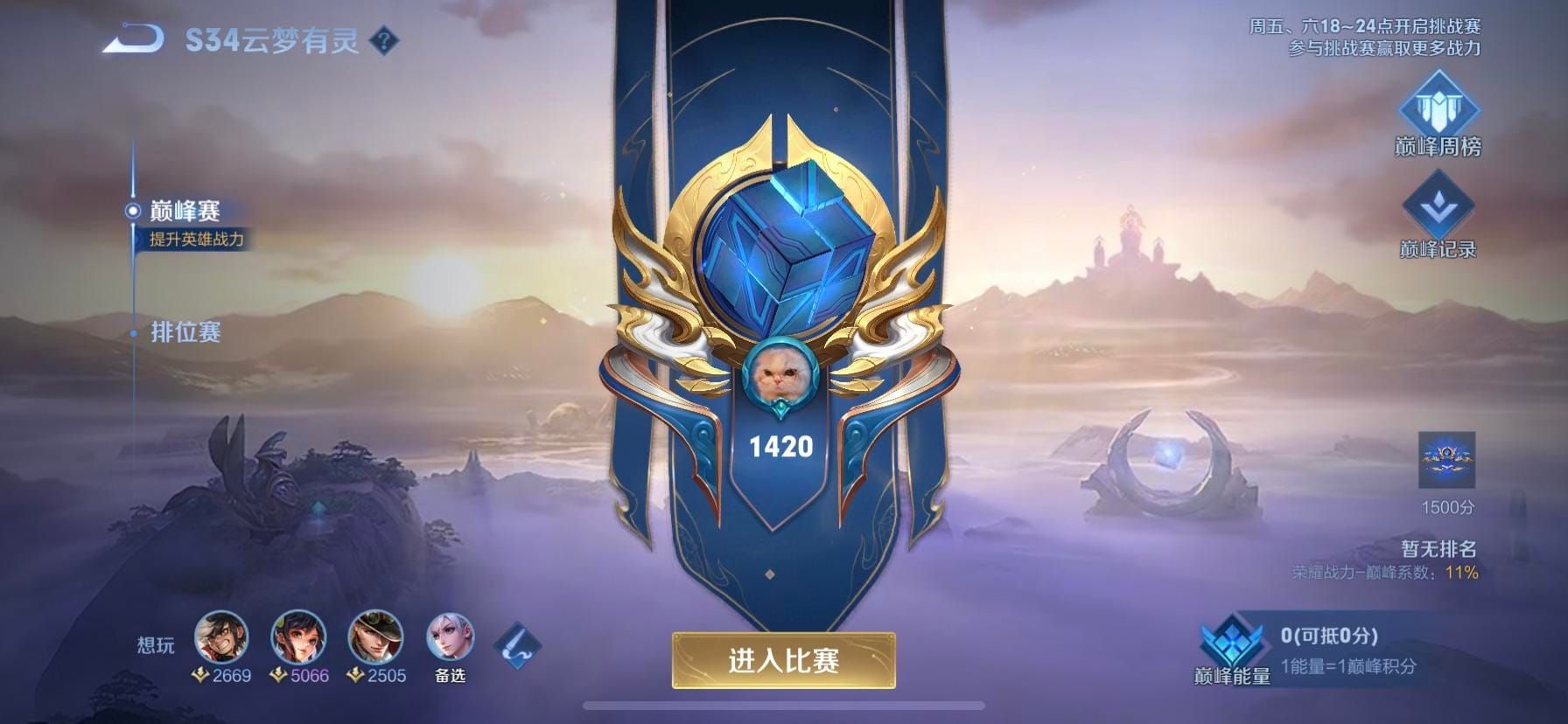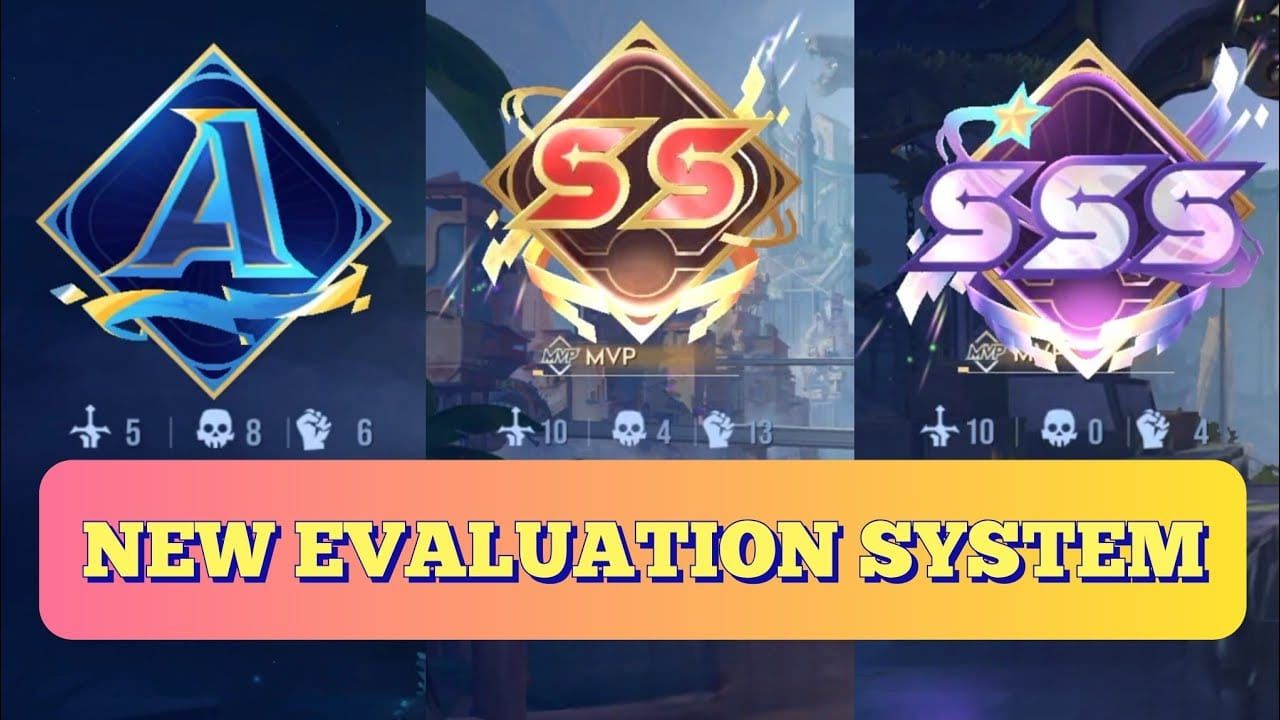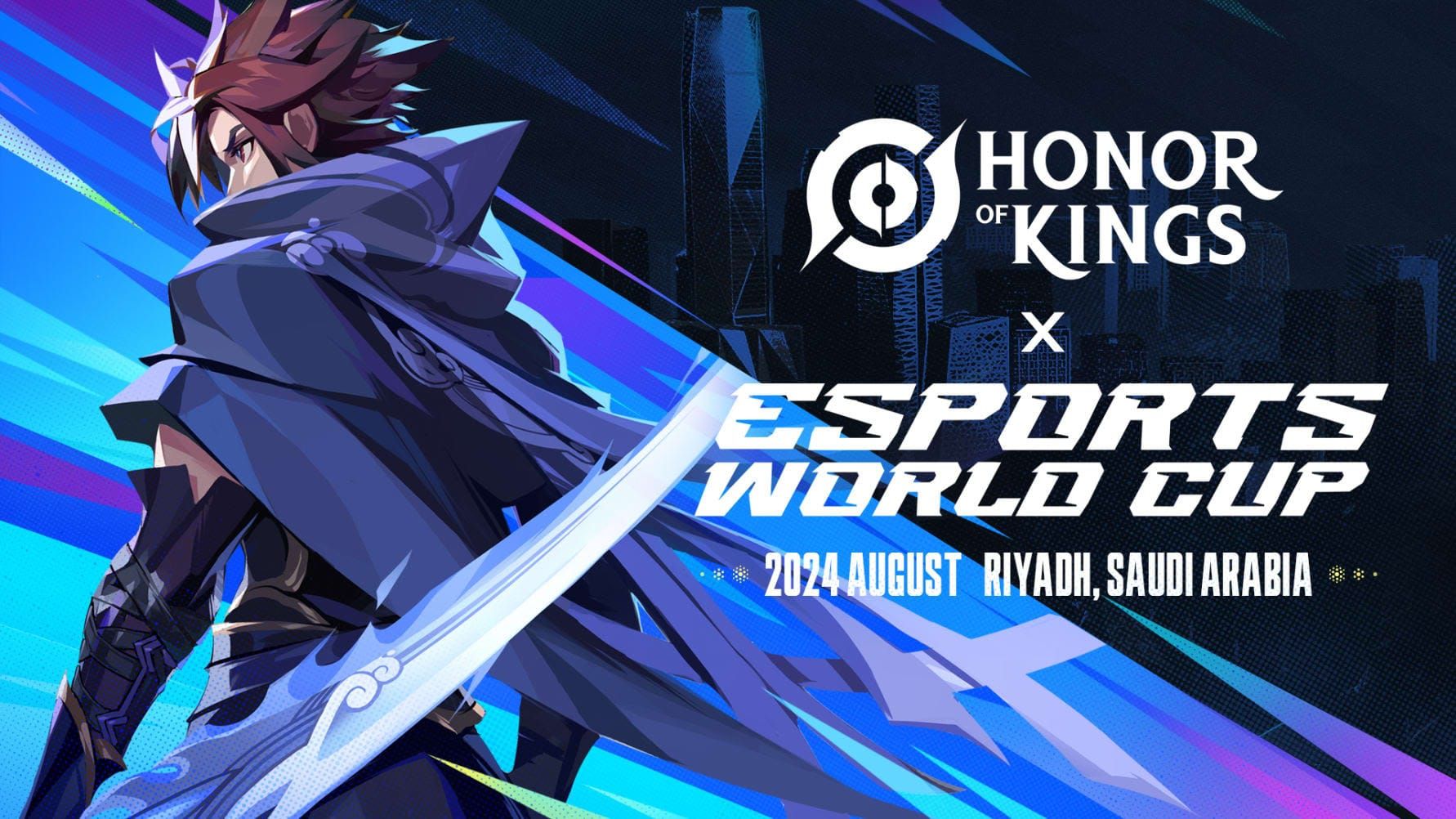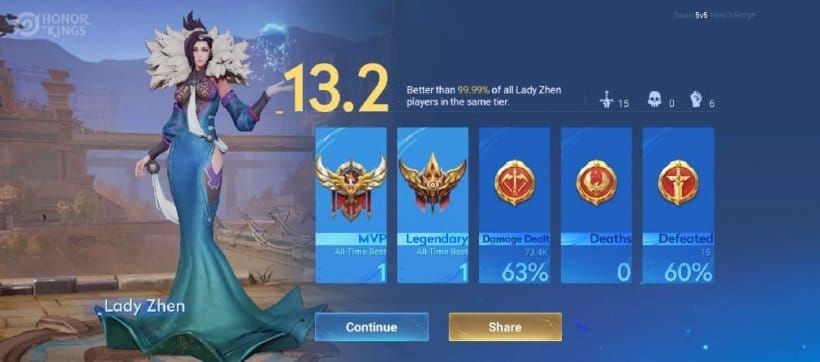What’s Really Behind the Honor of Kings Matchmaking Controversy
When Players Take Legal Action, You Know It’s Serious
Here’s something that caught my attention immediately: Chinese lawyer Sun Qianhe actually filed a lawsuit against Tencent’s subsidiaries demanding they reveal their matchmaking algorithms. That’s not your typical gaming complaint—that’s ‘I’m willing to spend real money on lawyers’ territory.

What players are reporting sounds eerily familiar to anyone who’s grinded ranked matches. You win a few games, then suddenly you’re paired with teammates who seem to have forgotten which end of their hero does damage. The theory? The algorithm deliberately creates these losing streaks to keep everyone hovering around that magical 50% win rate.
But here’s where it gets really controversial. Players claim the system doesn’t just manipulate team composition—they’re alleging actual bot usage during losing streaks. Fake PvP matches designed to prevent you from rage-quitting entirely. If true, that’s not just unfair matchmaking; that’s fundamentally deceptive.
The patterns players have identified are pretty specific: forced win/loss cycles that feel scripted, team composition manipulation where skilled players get anchored by underperformers, performance punishment making your next match harder after you pop off, and engagement-based timing where difficulty correlates with how much you’ve been playing (and spending).
The Stakes Are Astronomical
We’re not talking about some indie game here. Honor of Kings pulls in 100 million daily active users and generated $2.6 billion in 2024 revenue. When a single skin (that Zhao Yun release) brings in $22 million in one day, you start to understand why players question whether success depends on skill or algorithmic favoritism.
The WeChat and QQ integration makes this even more brutal. Your friends can see exactly how you’re performing on those ranking boards, which amplifies every perceived injustice. Nobody wants to explain to their buddies why they dropped three tiers in a week.
How the Matchmaking System Actually Functions
The Technical Reality Is Mind-Boggling
After researching TiMi Studio’s implementation, I can tell you the system is far more sophisticated than most players realize. They’re using something called a Partially Observable Markov Decision Process (POMDP)—basically a fancy way of saying the algorithm considers an insane number of variables.
We’re talking 725 dimensions in 1v1 mode and 4,586 dimensions in 3v3 mode. That’s not a typo. The system is tracking and weighing over four thousand different factors when deciding your next match. Makes you wonder what exactly they’re monitoring, doesn’t it?

The official protective mechanisms they’ve disclosed include tier restrictions (you can’t party with friends more than two major tiers apart), party segregation (5-stacks only face other 5-stacks), performance weighting that affects your ranking beyond simple wins and losses, and behavioral factors with AFK penalties and conduct rewards.
Performance-Based Ranking Changes Everything
This is where Honor of Kings Plus introduced something genuinely innovative—and potentially game-changing for how we think about ranked progression. Instead of the traditional win/loss system, they implemented performance-based ranking using Result Points that combine match outcomes with Personal Performance Points graded from C to SSS.
Here’s how star gain and loss actually works: Win with SSS Grade nets you +2 to +3 stars maximum, Win with A-S Grade gets +1 to +2 stars, Loss with SSS Grade can still give you +1 star, while Loss with B-C Grade costs you -1 or more stars unless you’re protected.

They call it the ‘Anti-Dark System,’ and honestly, it’s pretty clever. Players achieving SSS ratings can actually gain stars even in defeat, while poor performers might gain nothing despite winning. The Bravery Points system adds another layer—3-5 points for not going AFK, up to 16 points for victory streaks, and 30-50 points for Gold/Silver medals, all providing Star Protection that prevents rank loss.
Examining the Evidence: Fair Play vs Hidden Algorithms
The Statistical Patterns Are Suspicious
Community researchers have identified something interesting: win rates clustering around 50% regardless of skill improvement. On the surface, that screams artificial balancing. But here’s where my analysis gets complicated—the performance-based ranking system muddles traditional statistical approaches.
Skilled players can maintain progression through consistent high grades even with balanced win rates. That’s actually elegant design if you think about it. But those dramatic difficulty spikes after win streaks? That’s harder to explain away as coincidence.
Academic research using Honor of Kings as an AI testbed reveals something fascinating. QMIX+CQL algorithms achieved only 0.67 win rates against normal opponents and 0.44 against hard opponents. When facing completely new strategies, that dropped to 0.08. This suggests even sophisticated AI struggles with the game’s complexity.
Tencent’s internal Multi-Level Models use tiered AI agents as standardized opponents for evaluation. These pre-trained dual-clip PPO models with varying skill levels provide measurement baselines, which tells me they have incredibly sophisticated internal tools for classifying player skill. The technical challenge of evaluating performance across those 725-4,586 dimensional observation spaces explains why simple statistical analysis might miss nuanced algorithmic behavior.
What the Numbers Actually Reveal
The most persistent theory claims artificial 50% win rate maintenance through team manipulation. While the clustering appears suspicious, skill-based matchmaking naturally produces this outcome when players reach their appropriate rank. It’s basic statistics—if the system works correctly, you should win about half your games at your true skill level.
However, the performance-based system allows skilled players to climb despite balanced win rates through consistent high grades. That’s actually fairer than traditional systems in many ways. But those reported difficulty spikes after win streaks? That suggests potential engagement-optimization mechanics beyond pure skill matching.
How Honor of Kings Compares to Industry Standards
League of Legends Does It Differently
Having covered both games extensively, the contrast is striking. Riot Games provides detailed MMR system explanations through regular developer blogs, using visible LP with hidden MMR underneath. Honor of Kings’ performance-based system actually provides more immediate feedback on individual contribution.
The key difference lies in communication philosophy. Riot regularly explains their matchmaking decisions and philosophy through developer updates. TiMi’s ‘Listen Up, Dev!’ series acknowledges community concerns but provides significantly less technical detail. That opacity fuels conspiracy theories.
Context Within the Broader Industry
Most competitive games use some form of engagement optimization alongside skill-based matching—that’s not inherently evil. Honor of Kings’ massive scale and revenue simply make it a more visible target for scrutiny.
Interestingly, the 2024 Honor of Kings Championship demonstrates completely transparent matchmaking in professional contexts. Seeded groups, random draws, clear tiebreaker rules with a $1 million prize pool. The contrast with the opaque public ranking system is pretty stark.
What the Developers Actually Say
TiMi Studio’s Official Position
Tencent has denied unfair matchmaking accusations while maintaining that algorithmic details constitute trade secrets. Their argument is that disclosure would enable cheating and system manipulation. Game Producer Dean Huang acknowledged communication barriers, leading to those real-time voice-to-text translation features, though technical improvements don’t address fundamental transparency questions.
The performance-based ranking introduction was a direct response to community complaints about team dependency. The SSS grade system allowing star gains despite losses and Bravery Points rewarding positive conduct suggest genuine developer interest in addressing fairness through system design rather than just better PR.
Based on my experience covering game development, this response pattern is typical when companies are balancing competitive integrity with engagement optimization. They’re not lying about wanting fair matches—they’re just not telling the whole truth about what ‘fair’ means to their algorithms.
Regional Differences Matter More Than You’d Think
Global vs Chinese Server Dynamics
The original Chinese release on November 26, 2015 preceded the global launch on June 20, 2024 by nine years. That’s created substantial differences in player population maturity that affect matchmaking quality.
Chinese players’ WeChat and QQ integration creates fundamentally different engagement patterns compared to global users with separate gaming accounts. This potentially affects how engagement-optimization algorithms function across different regions.
The Brazil launch on March 8, 2023 provided global expansion testing data. Cultural attitudes toward competitive fairness vary significantly—some regions prioritize individual skill recognition while others emphasize team harmony, potentially influencing how matchmaking balances individual performance against team outcomes.
The Limitations of Community Research
What Players Can and Can’t Actually Prove
Community researchers track win rates, team composition quality, and performance distributions across thousands of matches to identify statistical anomalies. The dedication is admirable, but individual data remains severely limited compared to the system’s complete information.
That 4,586-dimensional observation space contains far more variables than players can effectively track. Studies consistently identify 50% win rate clustering and perceived team quality variations following win streaks, but establishing causation versus correlation remains nearly impossible without complete algorithmic access.
Performance-based ranking complicates traditional analysis even further. Players can progress despite balanced win rates through high performance grades, which breaks conventional wisdom about ranking systems.
Impact on the Competitive Scene
The Professional vs Public System Disconnect
The 2025 esports investment of $15 million across six Regional Professional Leagues demonstrates genuine commitment to competitive integrity at the highest levels. Professional tournaments use transparent seeding and clear rules that contrast sharply with opaque public matchmaking.

James Yang’s statement that ‘Honor of Kings esports follows an open system, ensuring accessibility for all players’ highlights this disconnect. The mentor system encouraging experienced players to help newcomers creates officially sanctioned cross-rank play that affects match balance in ways the algorithm might not account for.
This ongoing controversy undermines player trust when success attribution becomes questionable. Are you climbing because you’re improving, or because the algorithm decided it’s your turn to win?
Optimizing Your Experience Regardless
Performance Grade Maximization Strategy
Focus on consistent A-S grades rather than pure win rates for progression during difficult periods. Key factors for high grades include kill participation of 70-80%+, objective control securing 3+ objectives and 4+ towers, damage or healing performance in the top 2 (25-30% of team total), keeping deaths under 2-3 per match, and role-specific impact.

For junglers, that means securing buffs and successful ganks. For supports, it’s providing vision and peels. The system rewards individual excellence even in team losses.
Maximize Bravery Points by avoiding AFK (3-5 points), maintaining victory streaks (16 points), and earning performance medals (30-50 points). Time your queue entries during peak hours for larger skill-matching pools. Consider taking breaks after extended win streaks to potentially avoid those difficulty spikes while maintaining consistent play schedules.
FAQ
Is Honor of Kings matchmaking actually rigged? The evidence suggests a complex system that goes well beyond simple skill-based matching. Performance-based ranking, Bravery Points protection, and apparent engagement-optimization indicate algorithmic sophistication that prioritizes multiple factors. The SSS grade rewards can actually benefit skilled players even in difficult matches.
How does the SSS performance grading actually work? It evaluates kill participation (70-80%+), objective control (3+ objectives, 4+ towers), damage output (top 2 on team), low deaths (under 2-3), and role-specific contributions. SSS grades can gain +1 star even in losses, while poor performers may gain nothing despite wins.
Why won’t TiMi reveal the algorithm details? They claim ‘trade secret’ protection against cheating, though basic skill-matching formulas are industry-standard knowledge. The 4,586-dimensional observation space complexity and reported engagement-optimization suggest proprietary elements that go well beyond standard MMR systems.
How does this compare to League of Legends matchmaking? More sophisticated individual performance tracking through C-SSS grades versus League’s simpler win/loss LP system. However, Riot provides significantly more transparent communication through regular developer blogs. The WeChat/QQ integration also creates unique social engagement pressures that don’t exist in other MOBAs.
Looking to enhance your competitive journey? Consider Honor Of Kings Top up to unlock premium features and tools that can help maximize your performance regardless of whatever matchmaking challenges you’re facing.

















